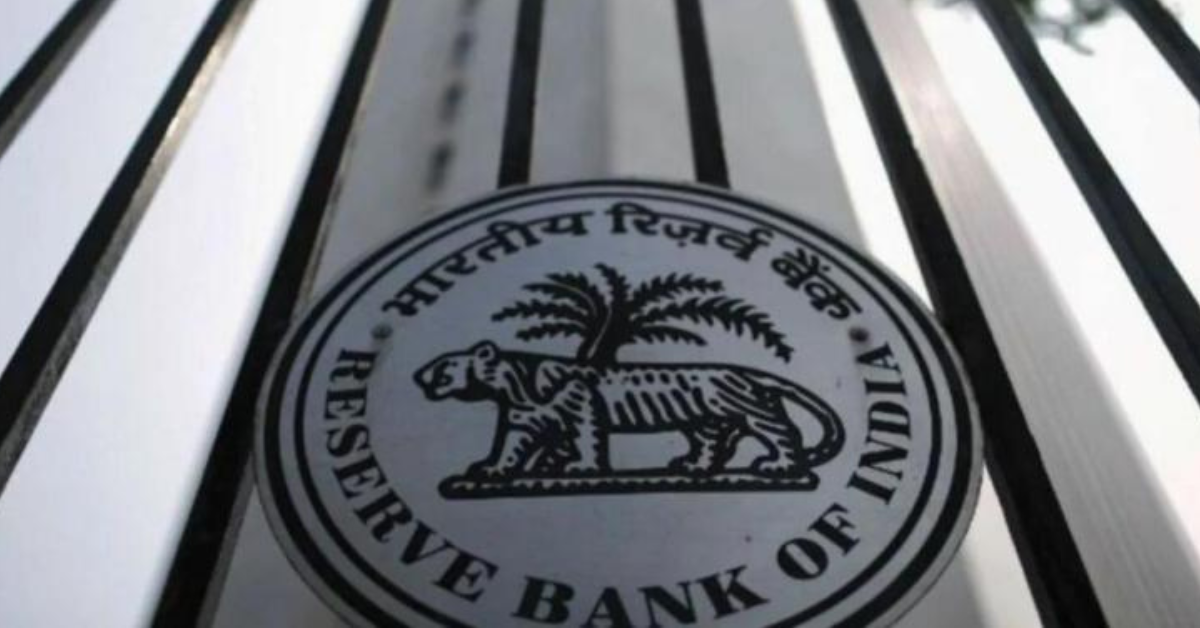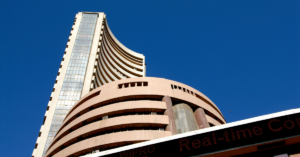More than 185 fintech companies and startups have submitted proposals for payment aggregator licences
The decision comes as the RBI is holding presentations with payment gateways and other fintech startups that have applied for a payment aggregator licence
Launched in 2020, the payment aggregator framework mandates that only the companies which receive RBI approval can offer payment services to merchants
Payments startups including Razorpay and Pine Labs are among the names which have received in-principle approval from the Reserve Bank of India (RBI) for a payment aggregator licence.
According to an ET report citing sources, the decision was made last night. It comes as the RBI has been holding presentations with payment gateways and other fintech startups that have applied for a payment aggregator licence.
The central bank is currently expected to release a complete list of fintechs that it approves to operate as a payment aggregator in the country. It is prudent to note that more than 185 fintech companies and startups have submitted proposals for payment aggregator licences, including the likes of CRED and PhonePe, among others.
Under the requirements of the licence, payment aggregators are expected to show a net worth of INR 15 Cr on the date of their application, or as of FY21. The companies are also required to show a net worth of INR 25 Cr by the end of FY23.
The RBI has been strict in evaluating the companies which applied for the payments aggregator licence. It has also been quick to inform companies that it rejects. After a payment company’s application has been rejected, merchants have around three months to stop using that company’s services. The central bank might extend this deadline to six months, however.
In RBI’s evaluations, multiple payments companies have come under scrutiny for KYC-related issues, past participation with cryptocurrency exchanges and gaming apps, as well as non-compliance with the net worth criteria mentioned before.
Launched in 2020, the payment aggregator framework mandates that only the companies which receive RBI approval can offer payment services to merchants. The companies and startups that receive RBI authorisation will come under the direct purview of the central bank.
According to industry experts, the payment aggregator framework would lead to a more standardised and regulated payments ecosystem.
The government of India has been bringing a number of licences to standardise multiple aspects of the fintech ecosystem. Along with the UPI and the payment aggregator framework, the government is also developing the account aggregator system for lending platforms and banks.
On Thursday evening, Finance Minister Nirmala Sitharaman directed all public sector banks (PSBs) to onboard the account aggregator system by the end of July.
This also pairs with the government’s efforts to regulate major ecosystems, such as ONDC to regulate the ecommerce ecosystem and break monopolies within the many subsectors of ecommece.






![Read more about the article [Jobs Roundup] These openings may help you land a role at buy-now-pay-later fintech startup Simpl](https://blog.digitalsevaa.com/wp-content/uploads/2021/12/Imagetemplateforself12-1638351355157-300x150.png)



